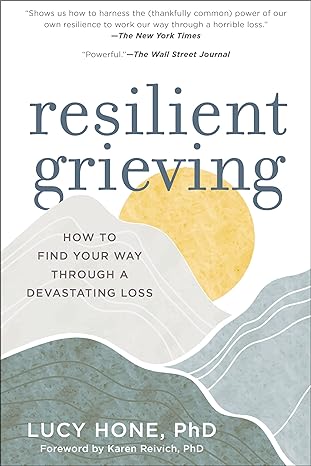Go back


Exit Voice And Loyalty Responses To Decline In Firms Organizations And States(1st Edition)
Authors:
Albert O. Hirschman

Cover Type:Hardcover
Condition:Used
In Stock
Include with your book
Free shipping: April 03, 2024Popular items with books
Access to 3 Million+ solutions
Free ✝
Ask 10 Questions from expert
200,000+ Expert answers
✝ 7 days-trial
Total Price:
$0
List Price: $30.00
Savings: $30(100%)
Book details
ISBN: 0674276604, 978-0674276604
Book publisher: Harvard University Press
Get your hands on the best-selling book Exit Voice And Loyalty Responses To Decline In Firms Organizations And States 1st Edition for free. Feed your curiosity and let your imagination soar with the best stories coming out to you without hefty price tags. Browse SolutionInn to discover a treasure trove of fiction and non-fiction books where every page leads the reader to an undiscovered world. Start your literary adventure right away and also enjoy free shipping of these complimentary books to your door.
Exit Voice And Loyalty Responses To Decline In Firms Organizations And States 1st Edition Summary: An innovator in contemporary thought on economic and political development looks here at decline rather than growth. Albert O. Hirschman makes a basic distinction between alternative ways of reacting to deterioration in business firms and, in general, to dissatisfaction with organizations: one, “exit,” is for the member to quit the organization or for the customer to switch to the competing product, and the other, “voice,” is for members or customers to agitate and exert influence for change “from within.” The efficiency of the competitive mechanism, with its total reliance on exit, is questioned for certain important situations. As exit often undercuts voice while being unable to counteract decline, loyalty is seen in the function of retarding exit and of permitting voice to play its proper role.The interplay of the three concepts turns out to illuminate a wide range of economic, social, and political phenomena. As the author states in the preface, “having found my own unifying way of looking at issues as diverse as competition and the two-party system, divorce and the American character, black power and the failure of ‘unhappy’ top officials to resign over Vietnam, I decided to let myself go a little.”
Customers also bought these books
Frequently Bought Together
Top Reviews for Books
Tara flipping
( 4 )
"Delivery was considerably fast, and the book I received was in a good condition."










